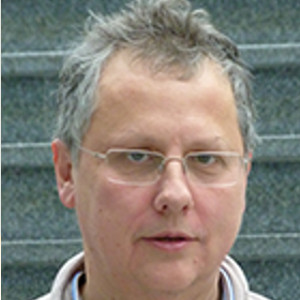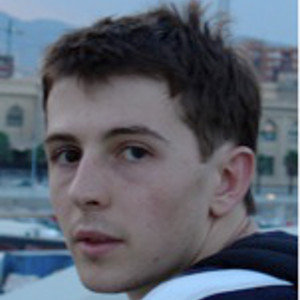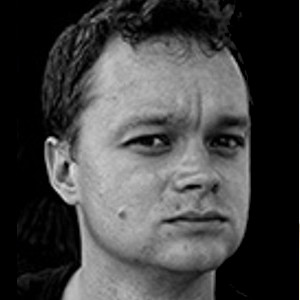Speakers
Nicolas Beldiceanu

TASC, Mines de Nantes, France
Hadrien Cambazard

G-SCOP, Grenoble Institute of Technology, Grenoble, France
John Hooker

Tepper School of Business, Carnegie Mellon University, Pittsburgh, USA
Lars Kotthoff

University of British Columbia, Vancouver, Canada
Barry O'Sullivan

Insight Centre for Data Analytics, University College Cork, Ireland
Jean-Charles Régin

Université de Nice-Sophia Antipolis, France
Helmut Simonis

Insight Centre for Data Analytics, University College Cork, Ireland

